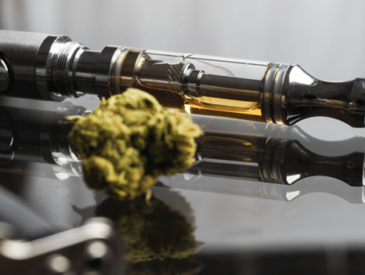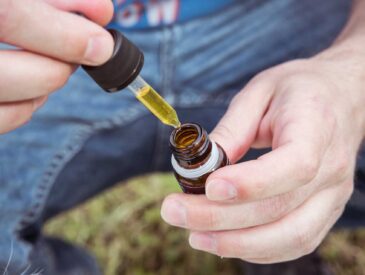The development of little black dots on the nose—are you surprised? You are not alone, however. Blackheads are a frequent skin condition, even though these bothersome patches resemble small freckles. People with blackheads might have them on any skin type and at any age. They are not, however, tiny pockets of debris lodged in your skin’s pores. They are a moderate kind of acne that appears on your nose as a result of excessive oil production and pore density.
-
Blackheads: What Are They?
When the pores in the skin get blocked with debris, germs, cosmetic residue, or excess sebum, blackheads start to appear. Open comedones are a kind of acne that does not cause inflammation. These open comedones have a blotchy appearance because to the interaction between air and the contaminants in them, which turns them black. They do not transmit from person to person via skin contact since they are not infectious.
-
Comprehending Blackheads: Signs and Manifestations
Blackheads are simple to identify, therefore there’s no need to see a dermatologist. Press a hand mirror up to your nose. You have blackheads if you see little black spots on the sides and tip of your nose. Blackheads on the nose don’t cause any symptoms since they don’t itch, hurt, or cause inflammation. In addition to being unattractive, blackheads do not suggest an underlying medical issue. Your nose has black pores if you notice any of the symptoms below.
The development of brown and black patches on the nose
Black spots that seem flat yet have a faint elevated appearance
Your nose has a lot of black patches, which make it seem ugly.
larger pores in black without any discomfort or suffering
-
How Can Blackheads Be Removed From the Nose?
Any of the below-mentioned techniques can help you get beautiful skin and relief from blackheads. They are as follows:
-
Over-the-counter remedies
Given that blackheads on the nose are classified as Grade 1 acne, your dermatologist may advise utilizing over-the-counter (OTC) medications such as pads, gels, and lotions that may be applied directly to the nose. Strong components included in these products include salicylic acid, retinoid, benzoyl peroxide, and resorcinol. These components fight microorganisms, stop your skin from producing too much oil, and allow your skin to shed dead cells.
-
Medication prescribed by a doctor
Your dermatologist may recommend more effective solutions if the over-the-counter medications aren’t clearing up the blackheads on your nose. Vitamin A-containing medications increase the rate of cell turnover and prevent accumulation in face hair follicles. Ingredients like isotretinoin, tazarotene, or adapalene may be included in these drugs. In order to provide effective treatment, your doctor may prescribe antibiotics and topical medications including benzoyl peroxide if you have developed acne, cysts, or black pores on your nose.
-
Peel Salicylic
Chemicals, such as salicylic Peeling the skin may help get rid of dead cells and open up the pores that lead to blackheads. It is a gentle peel that works well to remove blackheads. It entails applying a salicylic solution to your skin in order to gradually expose the baby-soft skin behind the outer layer.
-
Manual Removal Process
Your dermatologist will use a comedone extractor with a rounded tip to remove these blackheads. It is a mild technique that uses pressure to get rid of the blockages in your pores. To ensure the safe removal of blackheads, use the services of a professional.
-
Laser Treatment
Short, minuscule laser light beams are used in this laser treatment method to eliminate dangerous microorganisms and reduce oil production. Without harming the outermost layer of skin, the laser light may go deep into the skin to cure blackheads and acne on the nose.
In summary
Even though blackheads on the nose are a frequent skin condition, many individuals are affected by them, particularly teens going through a transitional period to maturity. See a dermatologist for help if your blackheads are becoming unattractive and are covering more of your nose. If over-the-counter lotions or gels don’t work to shrink the black pores on your nose, you may also consult a doctor who can tell you about the retinol benefits.





